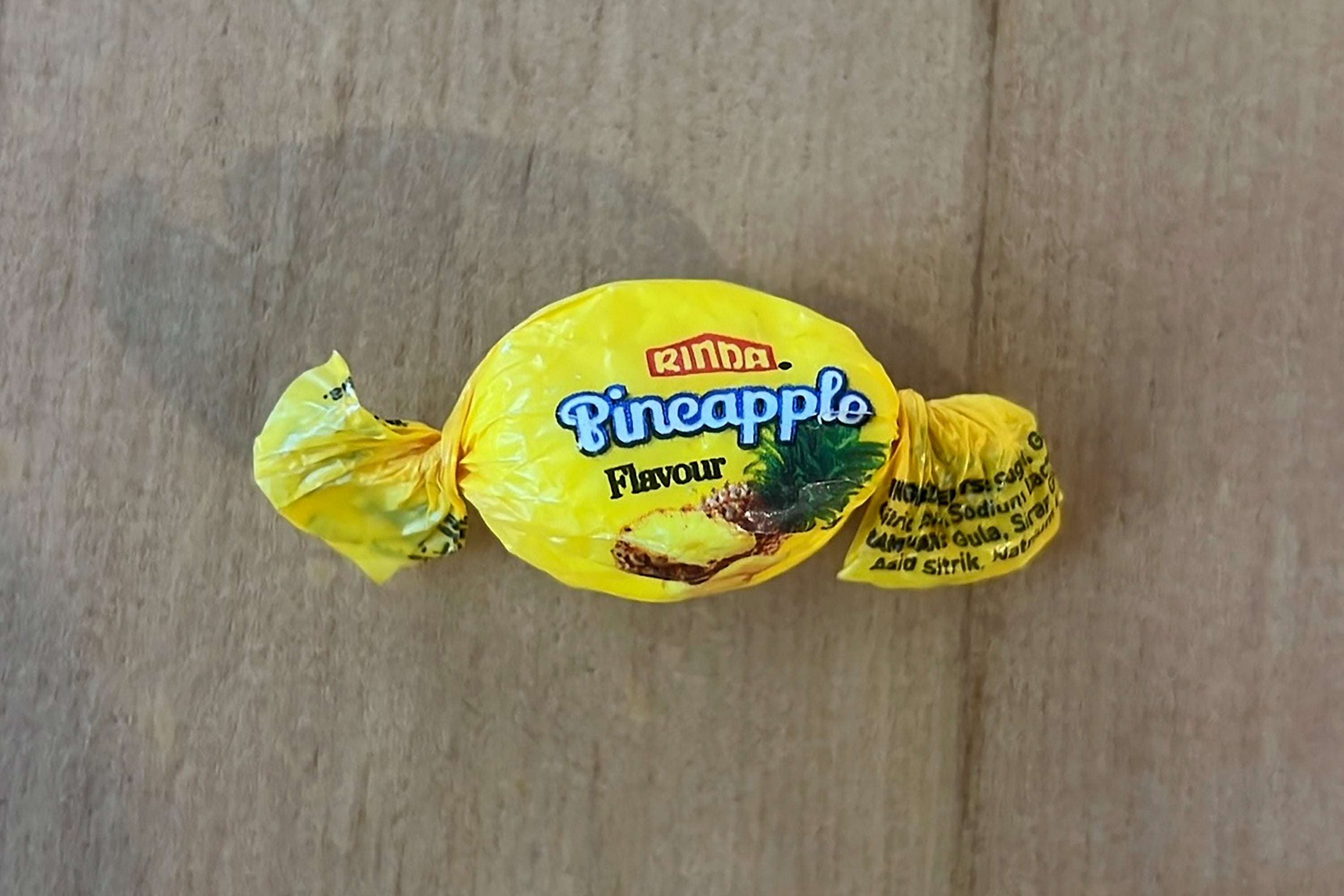Food bank unknowingly distributes candy made from meth
The meth-laced pineapple lollies in the food parcels were a public donation

A charity working with homeless people in Auckland, New Zealand unknowingly distributed candies filled with a potentially lethal dose of methamphetamine in its food parcels after the sweets were donated by a member of the public.
Auckland City Mission told reporters on Wednesday that staff had started to contact up to 400 people to track down parcels that could contain the sweets — which were solid blocks of methamphetamine enclosed in candy wrappers. New Zealand's police have opened a criminal investigation.
The amount of methamphetamine in each candy was up to 300 times the level someone would usually take and could be lethal, according to the New Zealand Drug Foundation — a drug checking and policy organization, which first tested the candies.
Ben Birks Ang, a Foundation spokesperson, said disguising drugs as innocuous goods was a common cross-border smuggling technique and more of the candies might have been distributed throughout New Zealand.
The sweets had a high street value of NZ$ 1,000 ($608) per candy, which suggested the donation by an unknown member of the public was accidental rather than a deliberate attack, Birks Ang said.
The City Missioner, Helen Robinson, said eight families, including at least one child, had reported consuming the contaminated candies since Tuesday. No one was hospitalized and Robinson said the “revolting” taste meant most had immediately spat them out.
The charity's food bank only accepts donations of commercially produced food in sealed packaging, Robinson said. The pineapple candies, stamped with the label of Malaysian brand Rinda, “appeared as such when they were donated", arriving in a retail-sized bag, she added.
Auckland City Mission was alerted Tuesday by a food bank client who reported “funny-tasting” candy. Staff tasted some of the remaining candies and immediately contacted the authorities.
The candies had been donated sometime in the past six weeks, Robinson said. It was not clear how many had been distributed in that time and how many were made of methamphetamine.
Some of those who had received the food parcels were clients of the charity's addiction service and the news that drugs had been distributed had provoked distress.
“To say that we are devastated in an understatement,” Robinson said, adding that the food bank — which distributes parcels five days a week — was closed Wednesday.
Subscribe to Independent Premium to bookmark this article
Want to bookmark your favourite articles and stories to read or reference later? Start your Independent Premium subscription today.
